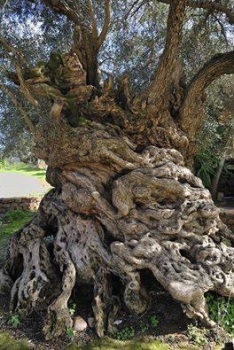Monthly Archives: October 2015
Opinion: Edward Lowassa is not Tanzania’s Buhari
Opinion: Edward Lowassa is not Tanzania’s Buhari
Tanzania may well need change, but the incumbent party in the upcoming elections looks more likely to bring in that change than the opposition.
In debates about democracies in Africa, the victory of an opposition party in elections is often seen as a great indicator of progress. This makes sense up to a point in that it suggests a degree of political openness. But getting overly preoccupied with the idea of the incumbent losing can lead us to ignore the quality of leadership across competing parties.
On 25 October, the people of Tanzania will elect a new president, and as usual in elections, many candidates are presenting themselves as bold reformers and the harbingers of ‘change’. However, this election is not a referendum on whether the country needs change for the sake of change, but a referendum on “quality of leadership” and a choice between different potential presidents and their ability to lead. The new president will face major challenges both at home and abroad, where Tanzania’s role as a stabilising actor in Great Lakes region will be tested with the crisis in Burundi and a political transition in the DRC.
Simply put, Tanzanians are faced with two key questions. Which qualities of political leadership are most important for Tanzania to succeed? And which candidate has those qualities?
Inside the race to the presidency
The two main political parties in Tanzania’s presidential battle are the ruling Chama Cha Mapinduzi (CCM) on the one hand, and the opposition CHADEMA – which is part of the opposition alliance Ukawa – on the other. Both of these parties have undergone some significant changes over the past few months, some for better, some for worse.
At the heart of these shifts has been each party’s choice of presidential candidate. During CCM’s nomination process, the ruling party knew that if it failed to make the right decision, it could be held captive by powerful factions, vested interests and influential foreign actors. Aware of the importance of the decision, CCM’s leadership used its veto power as a “custodian of national interest” in an attempt to rebalance the political playing field and end uncertainty caused by dangerous competing political factions. This process ended with the selection of Dr John Pombe Magufuli as its candidate.
Part of this selection saw former Prime Minister Edward Lowassa, who was linked to a struggle between reformists and vested interests within CCM, depart the ruling party. Lowassa had long been a party stalwart, but reformists were willing to upset some elements within the party if it meant they could get back into public’s good books regarding issues such as a corruption. Read the rest of this entry






